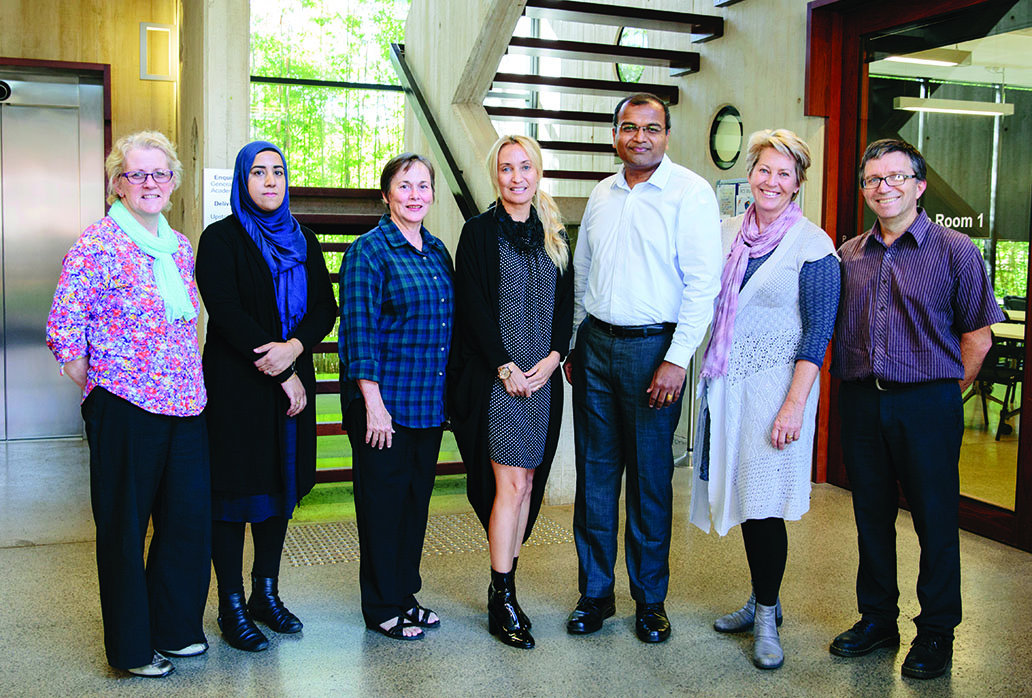Our passionate workforce
Associate Professor Srinivas Kondalsamy Chennakesavan
If you Google Associate Professor Srinivas Kondalsamy Chennakesavan you will find an endless stream of links to scholarly articles written by The University of Queensland Rural Clinical School’s Head of Research, but what you may not pick up on is his dedication to and love of research.
After working in the medical field for more than 25 years, Associate Professor Kondalsamy Chennakesavan continues to be driven by his desire to uncover new findings through research.
In 2002, he joined UQ and worked at two research centres (The Centre for Chronic Disease and Queensland Centre for Gynaecological Cancer) before becoming Head of Research at UQRCS in 2013.
“I’m passionate and excited about my work because I don’t know what I’m going to find or deal with when I start my day.
“At UQRCS, I am most proud of our research into the maldistribution of the medical workforce in rural and regional areas.
“For the first time, we have robust evidence to say that those who study and train in a regional, rural or remote setting are more likely to return and work in a rural area.
“Our research evidence contributes to major policy decisions at Government level and is cited by agencies such as the World Health Organisation and the World Bank.
“The overall impact of our work is substantial and has attracted awards at local, national and international levels,” he said.
Associate Professor Kondalsamy Chennakesavan is also grateful to regional, rural and remote Queensland communities for their engagement in UQ-led research over the years.
“We are now well connected within our communities and are able to undertake socially accountable research, based on the outcomes of local health needs analysis.
“Our projects align to communities’ current issues and our research findings offer results that can instigate real impact and change,” he said.
Looking to the future, Associate Professor Kondalsamy Chennakesavan is focused on securing sustainable funding for rural health research. This will ensure the health status of our regional, rural and remote communities is represented at an international level, whilst nurturing others to build capacity and potential career pathways in rural health research.

